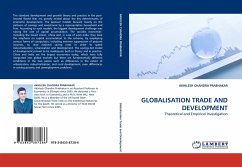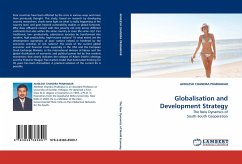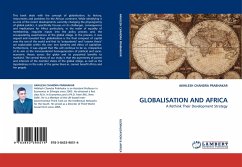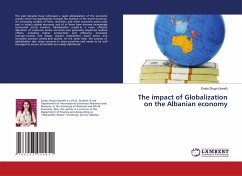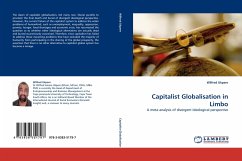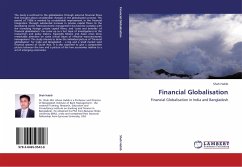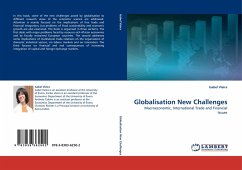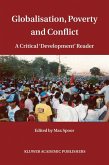The standard development and growth theory and practice in the post-Second World War era gravely misled about the key determinants of economic development. The postwar models focused mainly on the patterns of savings and investment by a representative household and firm. According to such models, the biggest development challenge was raising the rate of capital accumulation. The socialist economies-including the Soviet Union, China and, in case of even India, they took the emphasis on capital accumulation to the extreme, by employing various forms of compulsion, including extreme suppression of peasant incomes, to raise national saving rates in order to speed industrialization, urbanization and development. The savings-led model of development proved to be inadequate both in theory and in practice. China and India are the largest economies today, which have fully integrated into global markets but there are fundamentally different conditions in the two places such as differences in the extent of urbanization, industrialization, and rural development, even differences in solving poverty and unemployment problems.
Bitte wählen Sie Ihr Anliegen aus.
Rechnungen
Retourenschein anfordern
Bestellstatus
Storno

